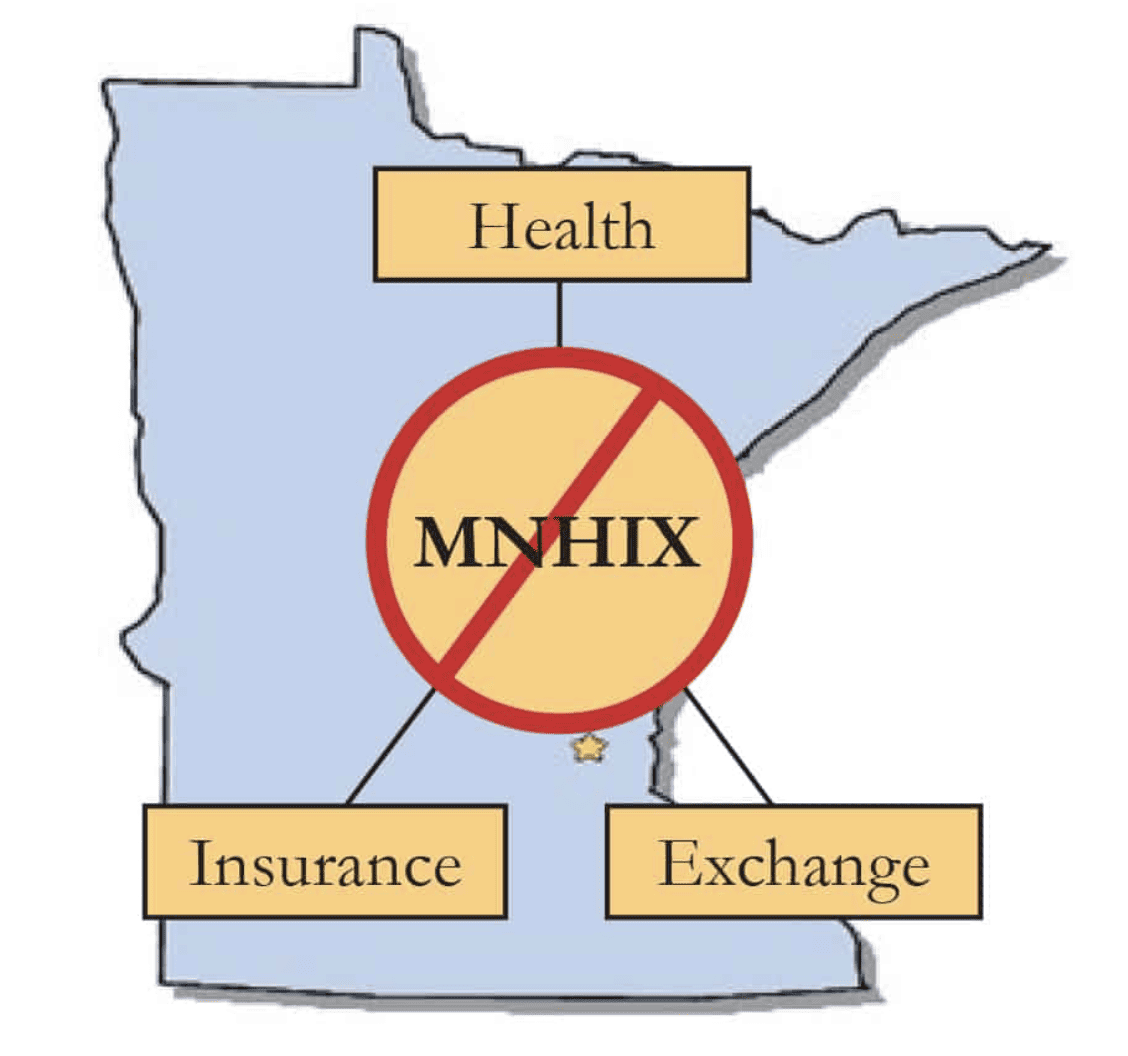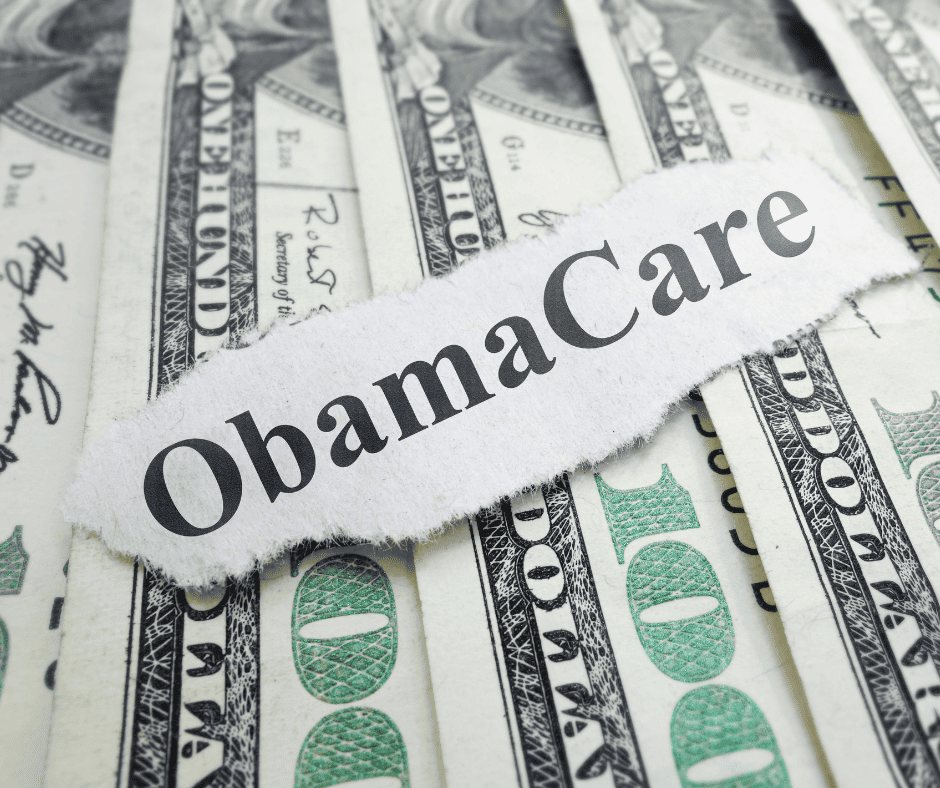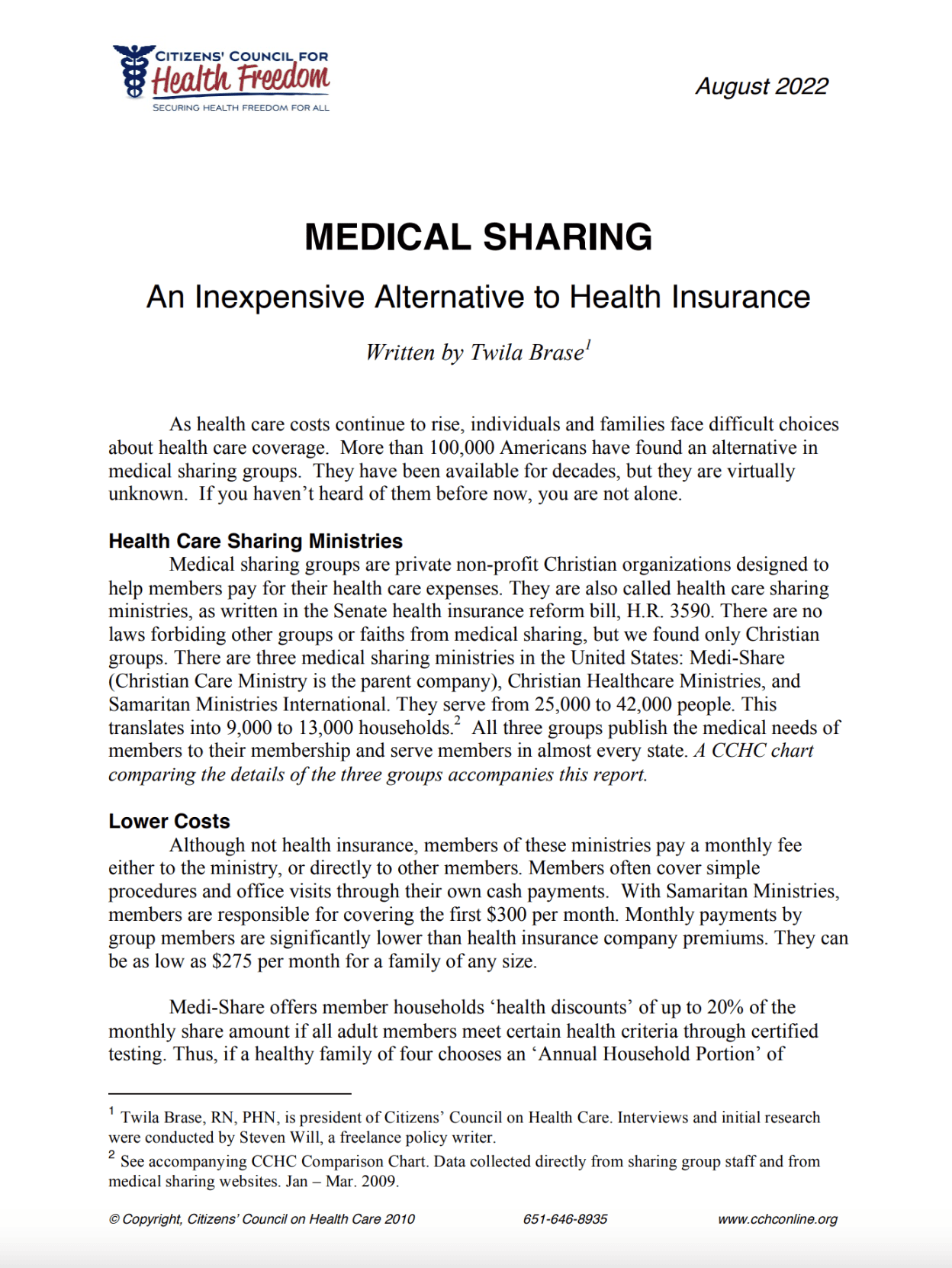President Trump signed an executive order that provides choice to seniors and opens the door to a lifetime of private coverage. Seniors will no longer be (illegally) required to enroll in Medicare to receive their Social Security Retirement Benefits (SSRB). Is this the right choice for you? Here are 6 reasons why you might want to opt-out of medicare.
Background: President Trump’s “Executive Order on Protecting and Improving Medicare for Our Nation’s Seniors” (EO 13890) requires the U.S. Dept. of Health and Human Services and the Social Security Administration to “revise current rules or policies to preserve the Social Security retirement insurance benefits of seniors who choose not to receive benefits under Medicare Part A.” (Sec. 11, signed 10/03/2019). This opens the door to a lifetime of private coverage. Seniors will no longer be (illegally) required to enroll in Medicare to receive their Social Security Retirement Benefits (SSRB).
1. SUPERIOR PRIVATE COVERAGE
Many senior citizens have private coverage options when they are forced to enroll in Medicare. This coverage could be privately purchased, carried by a spouse’s employer, the result of a pension or part of a retirement agreement. As the plaintiffs of Hall vs. Sebelius (2008) argued, their private options offered superior coverage to Medicare and they wanted their legal right to opt out of Medicare and keep SSRB.
2. MORE HEALTH CARE CHOICES
Some seniors who are eligible for Medicare and Social Security continue to work and are eligible for employer sponsored insurance (ESI). If forced to enroll in Medicare, the government program often becomes the “primary payer,” restricting access to the better care available under the employer plan.
3. KEEP YOUR DOCTOR
Enrolling in Medicare often means patients must transfer to new networks, new hospitals, new clinics, and new doctors. As a result, senior citizens may no longer be able to see their trusted physician or receive treatment at the same hospital or clinic that has long cared for them and knows them best.
4. MAINTAIN HEALTH-SHARING MEMBERSHIP
Over one million individuals were members of cash-based Health Sharing Organizations (HSOs) in 2019. Many chose an HSO because they believe this option is better, more affordable, and less restrictive than today’s high-priced, narrow-network, prepaid health care plans. These individuals should be free to forgo Medicare, keep their health-sharing membership and receive their Social Security benefits.
5. AVOID MEDICARE INSOLVENCY / RATIONING
The 2019 Medicare Trustees report estimates that Medicare will be insolvent in 2026, and only able to pay 80% of expenses. Fully 10,000 baby boomers enter Medicare every day. The trustees predict the need to raise payroll taxes much higher or significantly reduce access to care (health care rationing).
6. GROW HEALTH SAVINGS ACCOUNT (HSA)
Medicare enrollees are not allowed to contribute to an HSA (although existing HSA funds can be used for medical expenses). Opting out of Medicare would allow seniors to continue contributing to an HSA – providing them with a valuable tax benefit and medical care resource in retirement.









CCHF’s Written Testimony Opposing Minnesota SF 4778 Public Option